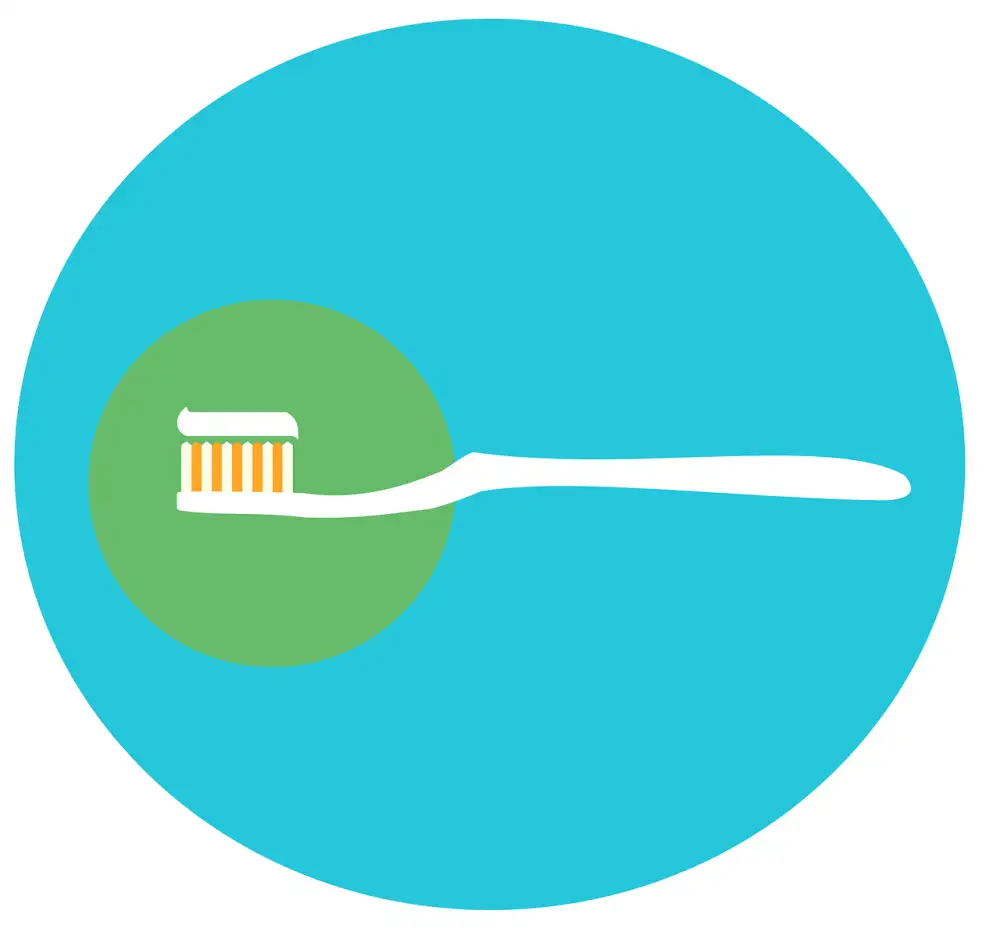Empower Your Smile: Top Toothbrushes for Disabled Adults to Enhance Oral Health

- Importance of Oral Health for Disabled Adults
- Challenges Faced in Maintaining Oral Hygiene
- Features to Look for in Toothbrushes for Disabled Adults
- Types of Toothbrushes Suitable for Different Disabilities
- Tips for Caregivers in Assisting with Oral Care
- Recommendations for Effective Oral Hygiene Routines
Importance of Oral Health for Disabled Adults
Maintaining good oral health is crucial for disabled adults as they are more prone to dental issues such as cavities, gum disease, and oral infections. Poor oral health can lead to serious health complications like cardiovascular disease and respiratory infections. Additionally, it can affect their overall well-being and quality of life. Regular dental care and proper oral hygiene routines are essential to prevent these issues and promote better health outcomes for disabled adults.
Challenges Faced in Maintaining Oral Hygiene
Challenges faced in maintaining oral hygiene for disabled adults can be significant. Physical limitations, such as limited dexterity or mobility, can make it difficult to brush effectively. Cognitive impairments may also impact the ability to understand and follow oral care instructions. Sensory sensitivities or communication barriers can further complicate the process. These challenges often result in a higher risk of dental issues such as cavities, gum disease, and oral infections among disabled adults.
Features to Look for in Toothbrushes for Disabled Adults
When choosing a toothbrush for disabled adults, it is essential to consider features that can enhance their oral hygiene routine. Look for toothbrushes with ergonomic handles that are easy to grip and control, especially for individuals with limited dexterity or mobility. Soft bristles are gentle on the gums and teeth, reducing the risk of irritation or damage. Additionally, electric toothbrushes with built-in timers can help ensure thorough cleaning and promote independence in oral care routines.
Types of Toothbrushes Suitable for Different Disabilities
When it comes to choosing the right toothbrush for disabled adults, it's essential to consider their specific needs. For individuals with limited hand dexterity, an electric toothbrush with a larger handle and easy-grip design can be beneficial. Those with mobility issues may find a toothbrush with a longer handle or a bendable neck helpful for reaching all areas of the mouth. For individuals with sensory sensitivities, a soft-bristled toothbrush or one with silicone bristles may be more comfortable. Ultimately, selecting a toothbrush that accommodates the individual's unique challenges can significantly improve their oral hygiene routine.
Tips for Caregivers in Assisting with Oral Care
1. Communication is key: Ensure clear communication with the disabled adult about their preferences and comfort levels during oral care routines.
2. Gentle approach: Be gentle and patient when assisting with brushing, flossing, or using oral hygiene aids to avoid causing discomfort or injury.
3. Proper positioning: Position the individual comfortably in a chair or bed to make it easier to access their mouth for thorough cleaning.
4. Use adaptive tools: Utilize specialized toothbrushes, floss holders, or electric toothbrushes designed for individuals with disabilities to make oral care more manageable.
5. Regular dental check-ups: Schedule regular dental visits for professional cleanings and check-ups to address any oral health issues promptly.
6. Encourage independence: Encourage the disabled adult to participate as much as possible in their oral care routine to promote independence and self-confidence.
Recommendations for Effective Oral Hygiene Routines
To maintain good oral health, disabled adults should follow effective oral hygiene routines. It is recommended to brush teeth at least twice a day using a toothbrush with soft bristles and a comfortable grip. Additionally, using fluoride toothpaste can help prevent cavities and strengthen enamel. Flossing daily is essential to remove plaque between teeth. Regular dental check-ups are crucial for early detection of any oral health issues. Lastly, maintaining a balanced diet low in sugar can also contribute to overall oral health for disabled adults.
Published: 25. 03. 2024
Category: Health



